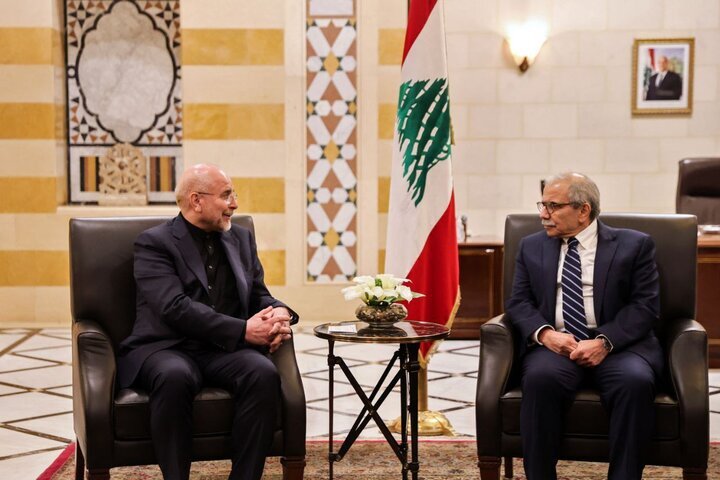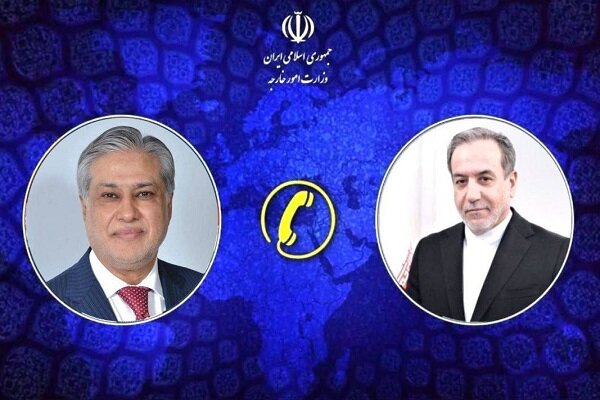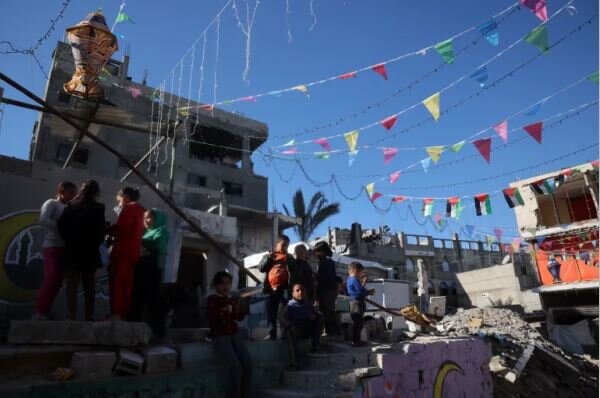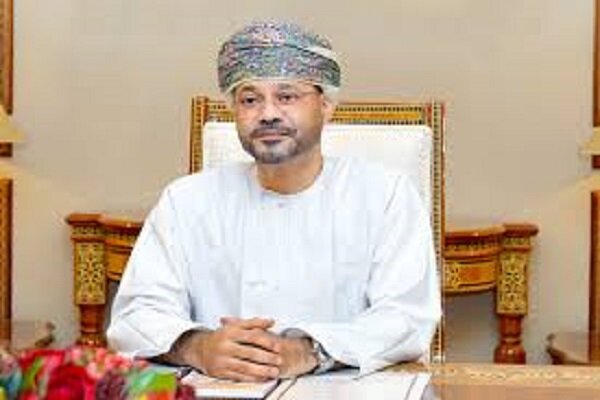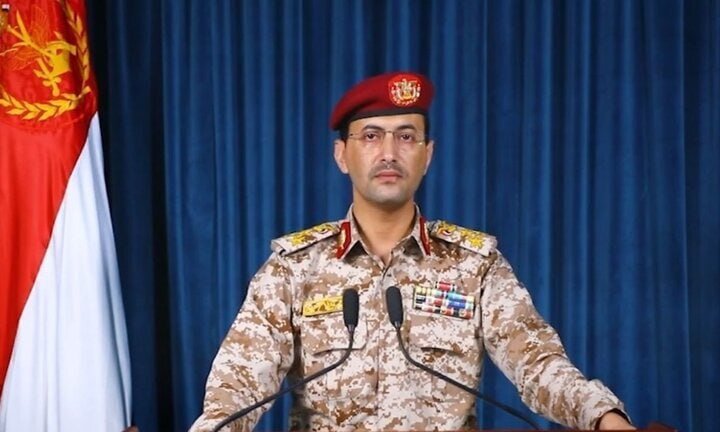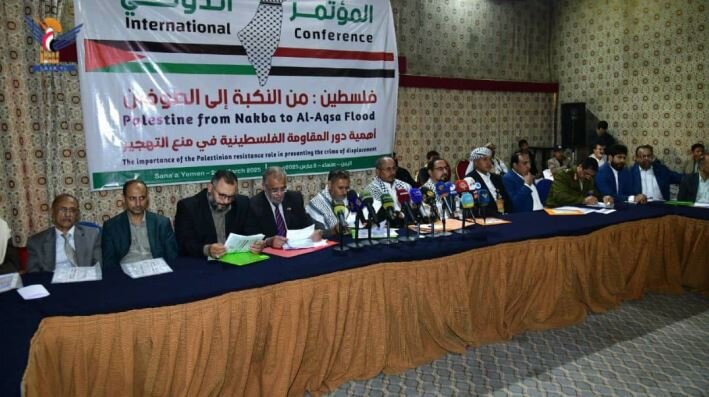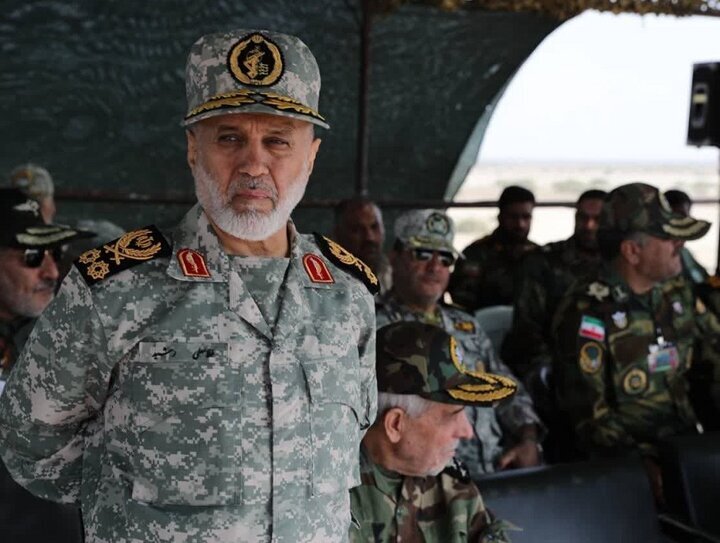Strengthening Iran-Lebanon Relations: A Strategic Alliance Against Zionist Aggression
In recent discussions surrounding international relations, Iranian Parliament Speaker Mohammad Bagher Ghalibaf emphasized the importance of strengthening bonds between Iran and Lebanon. This collaboration is seen as essential in the ongoing efforts to counter the actions of the “criminal Zionist regime.” In a world where geopolitical dynamics are constantly shifting, such alliances can play a pivotal role in regional stability and security.
Ghalibaf’s remarks highlight the growing need for unity among nations that share common interests, particularly in the face of perceived threats. The Iranian government has long positioned itself as a supporter of Lebanon, especially in its struggle against Israeli policies. This partnership is seen not only as a political maneuver but also as a crucial step toward achieving peace and security in the region.
During his speech, the Iranian Parliament Speaker outlined several key points regarding the relationship between Iran and Lebanon:
- Strategic Alliances: The necessity of forming strategic alliances to counteract external threats.
- Support for Lebanon: Iran’s commitment to supporting Lebanon in its fight against aggression.
- Regional Stability: Enhancing cooperation to promote stability in the Middle East.
- Countering Zionism: The importance of a united front against the actions of the Zionist regime.
Ghalibaf’s statements come at a time when tensions in the Middle East are escalating, particularly due to ongoing conflicts and geopolitical rivalries. The Iranian leadership is keen to reinforce its ties with Lebanon, which is often viewed as a frontline state in the struggle against Israel. This partnership has historical roots, with Iran providing military and political support to various Lebanese factions, including Hezbollah.
Moreover, the Iranian Parliament Speaker pointed out that the collaboration extends beyond mere military support. It encompasses economic, cultural, and social spheres, aiming to foster a comprehensive relationship that benefits both nations. He urged for increased trade and cultural exchanges as a means to strengthen the bonds between the two countries.
In the context of these developments, it is essential to understand the historical backdrop of Iran-Lebanon relations. Since the Iranian Revolution in 1979, Iran has positioned itself as a champion of the Palestinian cause and a supporter of groups opposing Israeli actions. This stance has resonated with many in Lebanon, particularly within Hezbollah, which views Iran as a critical ally in its resistance against Israel.
Key factors influencing the Iran-Lebanon relationship include:
- Shared Ideology: Both nations share a common ideological framework that opposes Western influence and supports resistance against Israel.
- Military Cooperation: Iran has been instrumental in providing military aid and training to Lebanese groups.
- Political Support: Iran’s backing of Lebanese political parties that align with its anti-Zionist agenda.
- Economic Ties: Efforts to enhance trade relations to bolster both economies.
As the geopolitical landscape continues to evolve, the need for Iran and Lebanon to stand together against shared adversaries becomes increasingly apparent. Ghalibaf’s assertions reflect a broader strategy aimed at consolidating power and influence in the region, particularly against the backdrop of U.S. sanctions and Israeli military actions.
Additionally, the support from Iran is not limited to military aid. There is a growing emphasis on humanitarian assistance and development projects aimed at improving the livelihoods of the Lebanese people. This multifaceted approach seeks to create a more resilient Lebanon capable of withstanding external pressures.
In conclusion, the strengthening of Iran-Lebanon relations is not just a political necessity but also a strategic imperative in the face of ongoing regional challenges. Ghalibaf’s call for unity serves as a reminder of the importance of collaboration among nations that share common goals. As both countries navigate the complexities of international politics, their partnership may play a crucial role in shaping the future of the Middle East.
